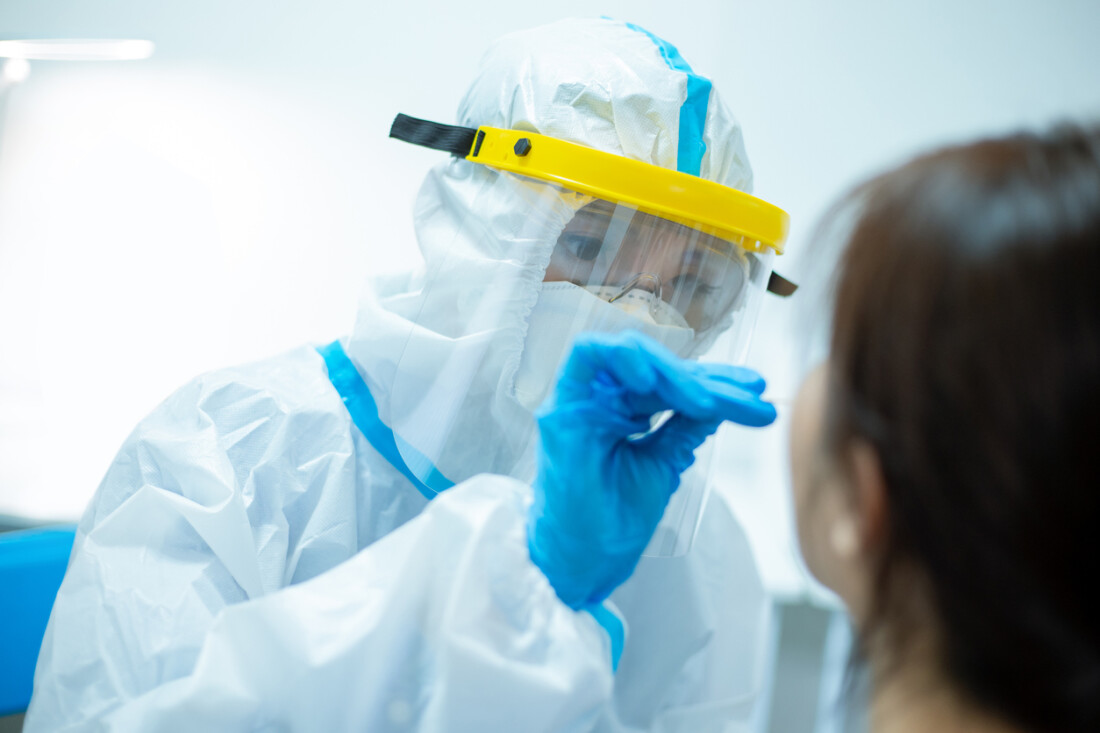
A healthcare worker who performs CPR on a COVID-19 patient places themselves at increased risk of becoming personally infected, especially considering the shortages of available personal protective equipment. Couple the increased risk of infection with the extremely low probability of a patient in the ICU with COVID-19 receiving CPR surviving to discharge, and the healthcare profession is confronted with the legal and ethical question of whether they should forego CPR treatment of an individual patient in order to conserve resources (including themselves) to treat other COVID-19 patients with a higher probability of survival. If a physician or healthcare facility were to elect not to provide CPR to a patient with COVID-19 or make a decision not to resuscitate a patient, the physician and facility could face civil or criminal penalties.1
In May 2020, a bipartisan bill was introduced in the US House of Representatives aimed at limiting the liability of healthcare providers for actions taken in arranging for or providing health care services during the COVID-19 pandemic. Likewise, several states have taken similar measures to provide some form of liability shield for healthcare professionals providing COVID-19 care in their states. Below is a brief round-up of how some states where Segal McCambridge offices are located are addressing the issue of liability immunity:
Illinois: On April 1, 2020, Illinois governor J.B. Pritzker signed an executive order granting healthcare facilities and providers immunity from civil liability for any injury or death that occurs while a patient is receiving treatment for COVID-19. This immunity does not extend to actions of gross negligence or willful misconduct. Notably however, the Illinois Executive Order provides no shield from any criminal liability.
New York: In April 2020, the New York legislature passed the Emergency Disaster Treatment Protection Act (EDTPA) which provided healthcare facilities and professionals with a shield from both civil and criminal liability related to COVID-19 treatment. The EDTPA did not provide any liability shield for gross negligence or willful misconduct. However, on August 3, 2020, Governor Andrew Cuomo signed new legislation that more narrowly defines the liability shield and eliminates some protections. The new legislation more narrowly tailors the liability protections to physicians and facilities when decisions are made regarding the direct diagnosis, treatment, assessment, and care for COVID-19, where previously a doctor or hospital was protected from liability if the pandemic impacted treatment of non-COVID-19 patients due to resource scarcity.
New Jersey: On April 1, 2020, New Jersey Governor Philip Murphy signed an executive order shielding healthcare providers from civil liability for damages alleged to have been sustained as a result of their acts or omissions “undertaken in good faith” in connection with the State’s COVID-19 response. However, the issue with New Jersey’s executive order is that it contains a number of ambiguities. For example, it does not expressly state whether healthcare providers are shielded from liability for making a unilateral “Do Not Resuscitate” decision, even if that decision would be contrary to the wishes of a patient’s family.
Michigan: In March 2020, Governor Gretchen Whitmer signed an executive order granting liability immunity to healthcare workers exempting them from civil liability for treatment decisions made related to the COVID-19 pandemic. The liability shield does not extend to gross negligence or willful misconduct. The executive order is also silent on whether the shield covers Do Not Resuscitate decisions.
Pennsylvania: In May 2020, Governor Tom Wolf issued an executive order extending the liability afforded “agents or the commonwealth” to healthcare professionals by defining them as “agents of the commonwealth” when they are administering treatment related to COVID-19. Notable aspects of the PA executive order include an exception for hospitals, which were not subject to the liability shield, and the exceptions for gross negligence and willful misconduct. In November 2020, the Pennsylvania legislature passed legislation codifying the liability shield, but this legislation was vetoed by Governor Wolf.
Florida/Texas: Florida and Texas have not issued any government directives – either executive order or legislation – providing any form of liability shield for the medical profession related to the COVID-19 pandemic.

